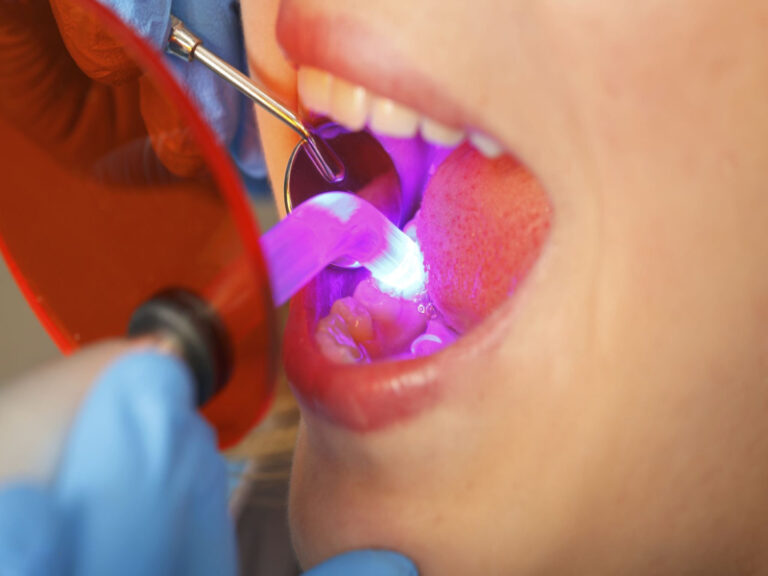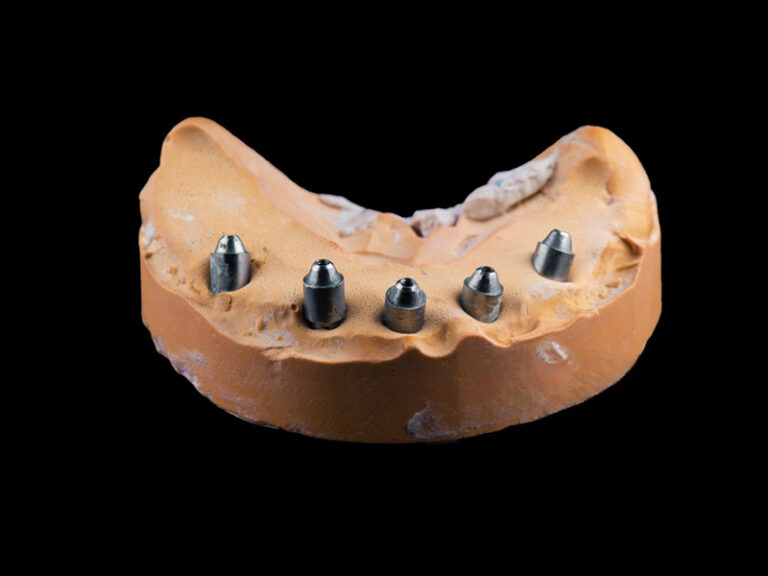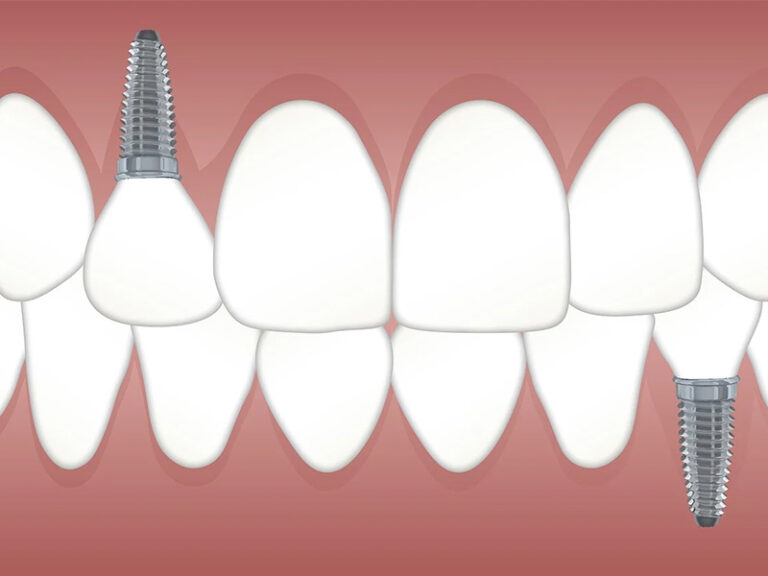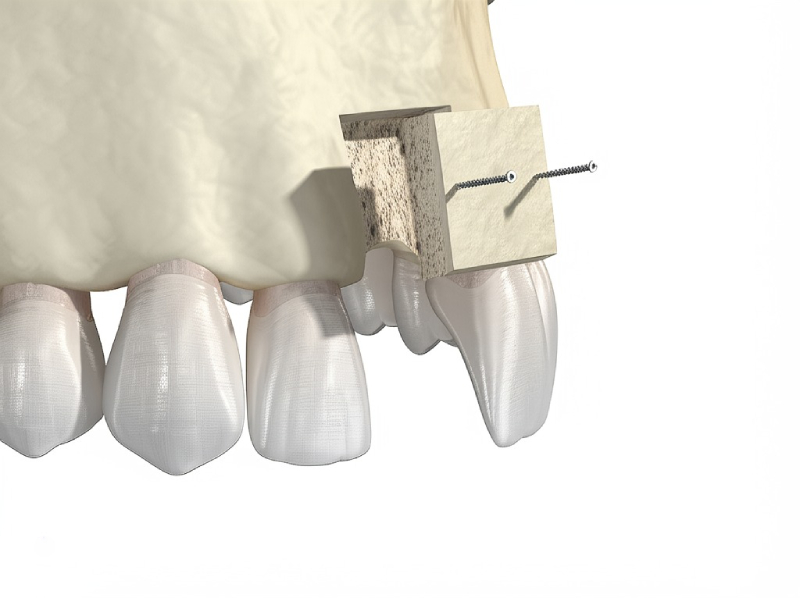
Understanding the Costs of Tooth Restoration: A Simple Guide
Dental bills don’t have to be confusing. If you’ve ever asked yourself, “How much will it cost to fix my tooth? Can I pay less? Will my insurance help?” you’re in the right spot. In this guide, I’ll show you what goes into tooth restoration costs, why they can be expensive, and how you can save money—whether you need a quick filling or a full dental implant. You’ll find out what to expect at the dentist, why some stuff costs more, and how to take care of your teeth without spending too much.
Table of Contents
Why Care About Tooth Restoration Costs?
Let’s be honest—dental bills are scary. Your tooth hurts, you see the dentist, and then you get a bill for hundreds or thousands of dollars. You wonder if you really need it. Is there a cheaper way to fix it? Can you get help paying for it? If you’re worried about paying the dentist, you’re not alone.
Problem: Too many people skip getting their teeth fixed because it’s expensive, letting small problems turn big.
It Gets Worse: Waiting means more pain, bigger bills, and even more dental visits.
What Helps: When you get how dental costs work, you can plan, make better choices, and get more for your money.
What is a Tooth Restoration, Anyway?
When dentists say “tooth restoration,” they mean fixing or replacing a tooth that’s been hurt, has a hole, or is missing. It’s like fixing a broken window, but in your mouth. It’s about making your teeth strong and good-looking again.
Normal types of tooth restorations include:
- Fillings for cavities
- Crowns for cracked teeth
- Implants for missing teeth
- Bridges to “fill the gap”
- Inlays and onlays, kind of like small crowns
- Veneers, mostly for looks or to fix small chips
You’ll hear words like dental filling, dental crown, dental implant, or dental bridge. Different dentists and specialists use different tools and skills—so the price may go up or down.
When Do You Need a Tooth Fixed?
Teeth get hurt lots of ways:
- Tooth Decay (Cavities): Holes from germs and sugar.
- Broken or Chipped Teeth: Chewing hard candy, sports hits, or accidents.
- Missing Teeth: Gum sickness, accidents, or big holes can make a tooth fall out.
- Wear and Tear: Grinding your teeth or just years of eating can wear them down.
Waiting usually costs you more later. For example, a simple filling might become a $2,000 root canal and crown if you wait too long.
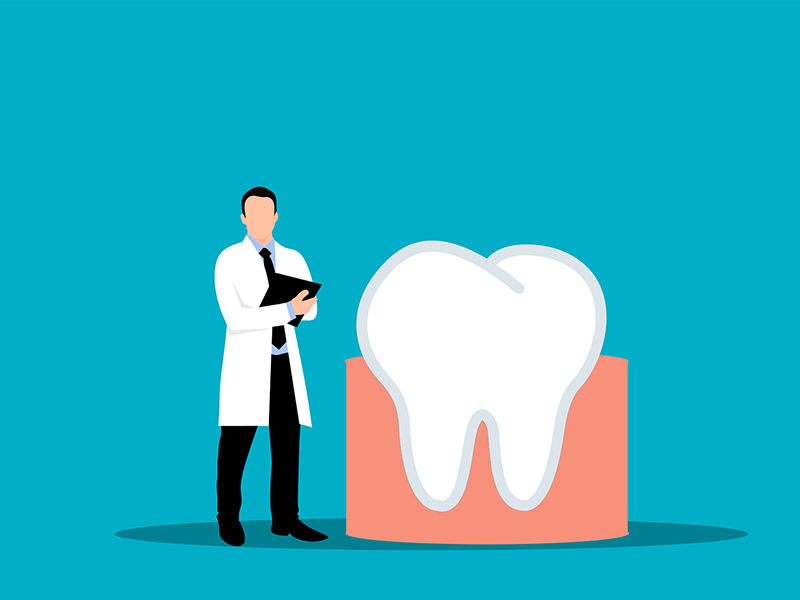
What Different Tooth Restorations Are There?
Let’s break down the big ones:
Dental Fillings
Dentists use fillings to fix smaller cavities. The usual stuff is:
- Amalgam (Silver) Fillings: Lasts a long time, but doesn’t look like your teeth.
- Composite (White) Fillings: Matches your teeth.
- Glass Ionomer Fillings: Used for small fixes or for kids.
Dental Crowns (Caps)
A crown covers a weak or broken tooth. You can get:
- Porcelain Fused to Metal (PFM): Strong and not too bad looking.
- Zirconia or All-Ceramic: Looks closest to real teeth—good for front teeth.
- Gold Crowns: Not used much, but last a long time.
Root Canal Treatment
This is when the dentist takes out bad, infected stuff inside your tooth. Usually you’ll need a crown after.
Dental Implants
Implants are fake roots and teeth, mostly made from metal and ceramic. They act like your own teeth.
Dental Bridges
Bridges use your other teeth to “hold” a new fake tooth.
Inlays and Onlays
If a hole is too big for a filling but not big enough for a crown, you get an inlay or onlay.
Porcelain Veneers
Very thin covers for the front of your teeth. Good for chips, cracks, or stains.
How Much Does Each One Cost?
Here’s a table of average prices in the U.S. Prices change a lot—especially if you live in a city.
| Tooth Fix Type | Average Cost (USD, You Pay) |
|---|---|
| Dental Filling (amalgam) | $50 – $200 each |
| Dental Filling (composite) | $100 – $450 each |
| Dental Crown (PFM) | $800 – $1,500 each |
| Dental Crown (zirconia/cera) | $1,000 – $3,000 each |
| Gold Crown | $1,200 – $3,000 each |
| Root Canal (front tooth) | $700 – $1,200 each |
| Root Canal (molar) | $1,000 – $2,000 each |
| Dental Implant (single) | $3,000 – $6,000 each |
| Dental Bridge (three-unit) | $3,000 – $5,000 |
| Inlay / Onlay | $650 – $1,200 each |
| Porcelain Veneer | $900 – $2,500 each |
From: American Dental Association (ADA), Delta Dental, Cigna Dental
Remember:
- The average person pays about $400 – $500 a year out-of-pocket for dental work.
- Prices always depend on the dentist, what materials they use, and where you live.
- You may pay extra for X-rays ($25-$200), shots, or lab work.
Why Do Prices Change So Much?
You may wonder—why does one dentist charge $800 while another asks for $2,000? Here’s why:
- Type of Fix & What’s Used: Gold and zirconia crowns cost more than silver or white fillings.
- Location: Big city offices can be 50% pricier than those in the country.
- Dentist’s Skills: A specialist charges more than a general dentist—often for good reason.
- How Hard It Is: Hard-to-reach teeth, gum sickness, or extra work bumps up the price.
- Extra Services: X-rays, shots, or return visits add more.
- Dental Insurance: Dentists may charge more if you have no insurance, or if you’re out-of-network.
Ask for a full estimate before getting started.
Does Dental Insurance Help?
Insurance can really make a difference. Here’s what usually happens:
- Check-ups and Cleanings often covered 80% to 100%
- Basic work (like fillings) often covered 50% to 80%
- Major stuff (like crowns, dentures, bridges) may only get 0% to 50% covered
Things to Know About Insurance
- Deductible: What you must pay each year before insurance helps.
- Co-pay: What’s left for you after insurance pays.
- Yearly Maximum: The most insurance pays in one year—usually $1,000 – $2,000.
- In-network or Out-of-network: You pay less for in-network.
- Waiting Periods: Sometimes you have to wait months before big stuff is covered.
Tip: Ask your dentist to walk you through what’s covered and how much you’ll pay. It’s your money.

What if You Don’t Have Insurance?
No insurance? Try these:
- Payment Plans & Loans: Many offices let you pay over time. Some take CareCredit, which works like a health credit card.
- Dental Discount Plans: Not insurance, but you save 10%-60% at certain dentists. Companies like Guardian Dental or Delta Dental offer these.
- Dental Schools: Students fix teeth for less, with teachers watching.
- Community Clinics: These set the fee based on your income.
- Government Help: Medicaid, CHIP, or sometimes free dental clinics for kids, seniors, or those with low income.
- Shop Around: Always check prices with a few local dentists.
How Can You Save Money?
You have more power than you think:
- Prevent Problems: Brush, floss, and get your teeth cleaned! It’s much cheaper to avoid problems.
- Fix Early: That small filling is way cheaper now than paying for a root canal or implant later.
- Get Multiple Prices: Ask different offices what they charge. Don’t be ashamed to ask for deals.
- Talk About Choices: Sometimes there’s a cheaper fix—like a metal crown instead of ceramic.
- Use FSA or HSA: If work gives you these accounts, you can pay dental bills and skip the tax.
Problem: Bills sneak up if you don’t plan.
It Gets Worse: Some people wait too long and end up dropping thousands more. Tooth pain doesn’t just go away—teeth never heal by themselves.
What Helps: Keep up with care, compare prices, and ask about payment options before you’re hurting.
Why Bother Fixing Your Teeth?
Honestly: It’s not just about your smile. Healthy teeth mean better health, easier eating, and you can talk more clearly. If you let a bad tooth go:
- It can hurt, swell, or get infected.
- Problems can spread to other teeth.
- The fix is way more expensive ($200 filling vs. $4,000 implant).
- It can hurt your health overall—germs can even spread through your blood!
Good dental work saves you money down the line, less pain, and less stress.
Frequently Asked Questions
Q: Why do dentists cost so much more in some places?
A: Big city dentists often pay more for rent and workers, so they charge more. You’ll find lower prices in small towns or at dental schools.
Q: Can I save money by going abroad for dental work?
A: Many travel for “dental tourism,” but check the dentist’s history and if someone at home can fix anything that goes wrong.
Q: Are implants better than bridges?
A: Implants last longer and don’t need your other teeth, but they’re more expensive at the start. Bridges are cheaper up front, but might not last as long.
Q: Will my insurance pay for the big stuff?
A: Most plans have limits on major work. Check with your insurance before you start.
Q: Can community clinics do everything?
A: Many offer basics—cleanings, fillings, some crowns. They may send you to another dentist for big stuff like implants.
Main Points to Remember
- Compare prices before saying yes—costs jump around a lot.
- Ask about insurance, payment plans, discounts—don’t be afraid to speak up.
- Don’t put off little dental problems—they get more expensive.
- Prevent problems—that’s the cheapest dental “fix” there is.
- Look at all your choices—dental schools and discount plans can help.
- Act early, ask questions, take care of your smile—your wallet and your health will thank you.
References:
- American Dental Association (ADA)
- Delta Dental
- National Association of Dental Plans (NADP)
- American Academy of Cosmetic Dentistry
- Healthcare.gov
- Medicaid.gov
- Company websites: Cigna Dental, Aetna Dental, Guardian Dental
Remember: Fixing your teeth is more than just looking good—it’s a smart choice. Take action now, and you’re closer to a healthy, happy, and affordable smile.

